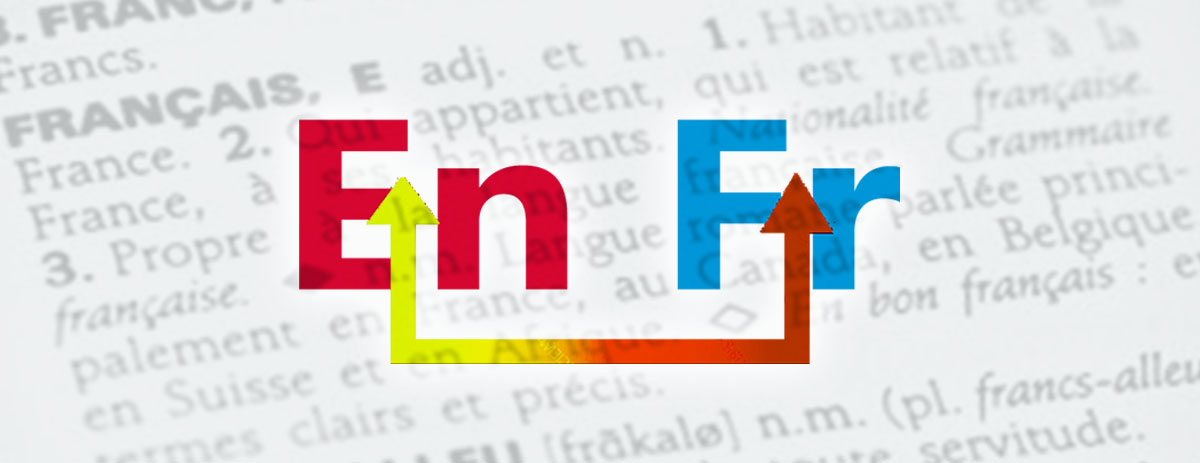« Sous-échantillonnage par valeur maximale » : différence entre les versions
m (Remplacement de texte — « Termes privilégiés » par « Français ») |
Aucun résumé des modifications |
||
| Ligne 11 : | Ligne 11 : | ||
== Français == | == Français == | ||
<poll> | |||
Choisissez parmi ces termes proposés : | Choisissez parmi ces termes proposés : | ||
sous-échantillonnage par le maximum | sous-échantillonnage par le maximum | ||
max-pooling | max-pooling | ||
</poll | </poll> | ||
== Anglais == | == Anglais == | ||
Version du 19 mars 2019 à 09:44
Domaine
Vocabulary
Apprentissage profond
Définition
Français
<poll> Choisissez parmi ces termes proposés :
sous-échantillonnage par le maximum max-pooling
</poll>
Anglais
Max-Pooling
A pooling operations typically used in Convolutional Neural Networks. A max-pooling layer selects the maximum value from a patch of features. Just like a convolutional layer, pooling layers are parameterized by a window (patch) size and stride size. For example, we may slide a window of size 2×2 over a 10×10 feature matrix using stride size 2, selecting the max across all 4 values within each window, resulting in a new 5×5 feature matrix. Pooling layers help to reduce the dimensionality of a representation by keeping only the most salient information, and in the case of image inputs, they provide basic invariance to translation (the same maximum values will be selected even if the image is shifted by a few pixels). Pooling layers are typically inserted between successive convolutional layers.
Contributeurs: Evan Brach, Claude Coulombe, Hughes Perreault, Jacques Barolet, Patrick Drouin, wiki







